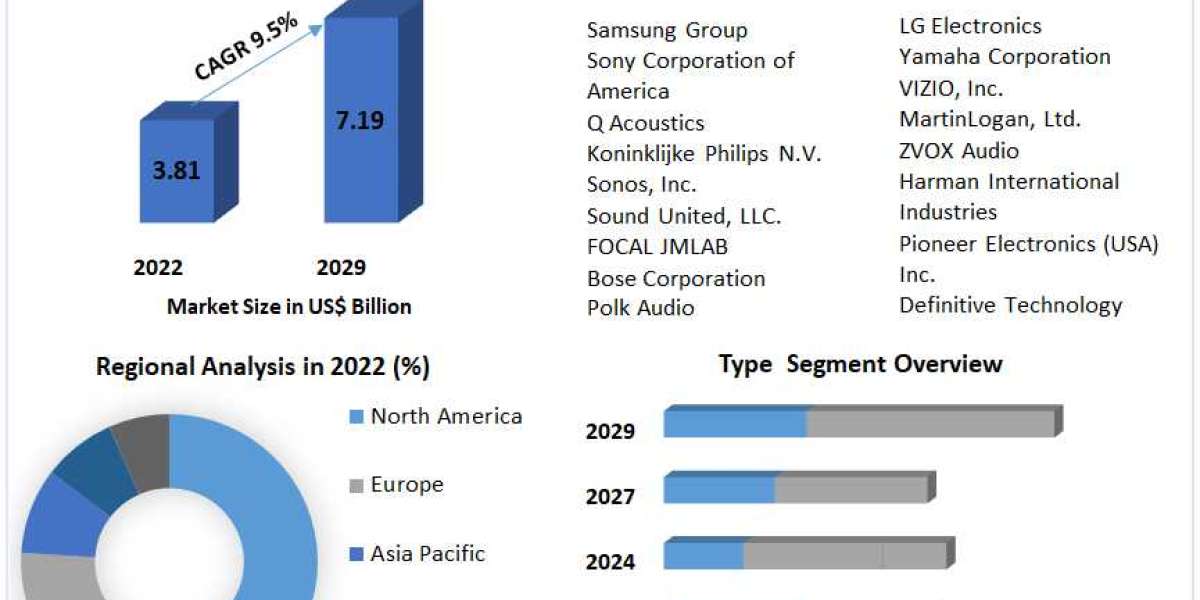Every year, tens of thousands of older adults become victims of financial scams. Protect yourself or an older adult you know by following the advice provided by the National Council on Aging and the Women's Institute for a Secure Retirement.
8 Tips for Seniors to Stay Away from Financial Scams
First and foremost, recognize that you are at risk from strangers—as well as from those closest to you.
Over 90% of all reported elder abuse is committed by members of the older person's own family, most often their adult children, who are then followed by grandchildren, nieces and nephews, and other relatives and friends. Depleting a joint checking account, promising but not delivering care in exchange for money or property, outright theft, and other forms of abuse, including physical abuse, threats, intimidation, and neglect of basic care needs, are all common strategies. Everyone, including those with modest means and few assets, is at risk of financial exploitation. Recognize the top ten most common scams that target seniors so that you can avoid falling victim to one before it's too late.
2. Don't isolate yourself; instead, remain active!
It is well known that loneliness is a significant risk factor for elder abuse. The vast majority of family violence takes place behind closed doors, and elder abuse is no different. Some older people isolate themselves from the rest of society by withdrawing from it. Others become isolated as a result of their inability to drive, see, or walk around on their own for any length of time. Some seniors are concerned about being a victim of purse snatchings and muggings if they venture out into public. Visit the Eldercare Locator to find services in your area that can assist you in maintaining your independence. Alternatively, you could contact your local senior center to get involved.
In addition, inform solicitors that "I never buy from (or give to) anyone who calls or visits me without my permission." "Please send me a written message."
Don't make a purchase from an unfamiliar company, and always request and wait until you receive written documentation about any offer or charitable organization. There may be exceptions, such as neighborhood children who are selling Girl Scout cookies or school fundraising items, but a good rule of thumb is to never donate if the organization requires you to enter your credit card information on any forms. In addition, it is a good practice to obtain a salesperson's name, business identification number, telephone number, street address, mailing address, and business license number before transacting business with that individual. Also, when making a decision, always take your time with it.
4. Discard any receipts that contain your credit card number.
Identity theft is a multibillion-dollar industry. Invest in, and use, a paper shredder to keep your information safe. Keep track of your bank and credit card statements, and never give out personal information over the phone to someone who contacts you on your own initiative.
5. Register with the "Do Not Call" registry and remove your name from a number of mailing lists.
To prevent telemarketers from contacting you, go to the Do Not Call registry. Take care when handling your mail. Do not allow incoming mail to sit in your mailbox for an extended period of time. Rather than mailing sensitive mail, consider dropping it off at a secure collection box or dropping it off directly at the local post office. AnnualCreditReport.com also allows you to keep track of your credit scores on a regular basis and investigate any unusual or incorrect information. More information on protecting yourself from fraud can be found at On Guard Online, which offers interactive games to assist you in becoming a more informed consumer on topics such as spyware, lottery scams, and other swindles, among other things.
6. Benefit checks should be deposited directly into your bank account to avoid checks being stolen from the mailbox.
Direct deposit ensures that checks are deposited directly into your accounts and that they are protected. Intelligent scammers or even well-meaning family members have been known to steal benefits checks right out of mailboxes or from seniors' homes if they are left lying around for too long.
7. Never give out your credit card number, banking information, Social Security number, Medicare number, or any other personal information over the phone unless you made the call.
One of the most common scams involving seniors is the misappropriation of Medicare funds. Billing for services that were never delivered and selling unneeded devices or services to beneficiaries are examples of common fraud schemes. Don't give your Medicare number to anyone else and keep it as safe as you would your credit card, banking, and Social Security numbers. Be wary of salespeople who attempt to convince you that something they are selling will be covered by Medicare. Examine your Medicare statements to ensure that you have received the services for which you have been billed, and report any suspicious activity to 1-800-MEDICARE.
8. Be wary of any unsolicited offers and conduct thorough research before accepting them.
Become a well-informed consumer. Before making a purchase, give yourself plenty of time to call and shop around. Bring a friend with you who can provide some perspective on difficult decisions that you will be faced with. Also, before signing any contracts or purchasing agreements, carefully review them to ensure that all of your requirements have been clearly documented. Understand the terms of the contract's cancellation and refund policies. Avoid being pressured into making purchases, signing contracts, or making financial commitments. This is a general rule that should apply to all of your consumer interactions. These are your decisions, and you alone are responsible for them.
Protect yourself and your loved ones by knowing the warning signs.
Additional warning signs that an older adult may be the victim of financial exploitation are listed below for those who know or care for an elderly relative or friend.
There have been unusual recent changes in the person's accounts, such as atypical withdrawals, the addition of new person(s), or the use of a senior's ATM or credit card without permission.
The senior appears to be befuddled, unkempt, and afraid all of a sudden.
Utility, rent, mortgage, medical, and other essential bills go unpaid despite the fact that the household has a sufficient income.
A caregiver will not allow anyone else to see or interact with the senior.
People who have a backlog of sweepstakes mailings, magazine subscriptions, or "free gifts" may be on "sucker lists," which means they are being targeted by marketers.
Every state has an Adult Protective Services (APS) program, which is in charge of receiving and investigating reports of elder abuse, neglect, and exploitation, as well as reports of abuse of younger adults with severe disabilities in most states. The Adult Protective Services (APS) is the "911" for elder abuse. Anyone who has reason to believe that an elderly person is being abused, neglected, or exploited should file a report. The identity of the reporter has been withheld.
Because APS services are strictly confidential, the reporter may not be able to learn the outcome of the case until after it has been completed. APS recognizes and respects the right of older people to make their own decisions and live their lives according to their own values and principles. If an older person suffers from cognitive impairment, however, APS will take steps to ensure that they are protected to the greatest extent possible.
If you believe you have been a victim of a scam, follow these steps.
If you believe you have been scammed, don't be embarrassed or afraid to speak up about it; waiting will only make the situation worse. Immediately:
Contact your financial institution and/or credit card company.
Any debit or credit cards associated with the stolen account should be canceled.
Make a new personal identification number for yourself (s).
In addition, if necessary, contact legal services as well as Adult Protective Services. To find out where your nearest office is, use the Eldercare Locator or call toll-free at 1-800-677-1116 from 9 a.m. to 8 p.m. ET on weekdays or toll-free at 1-800-677-1116 on weekends.



